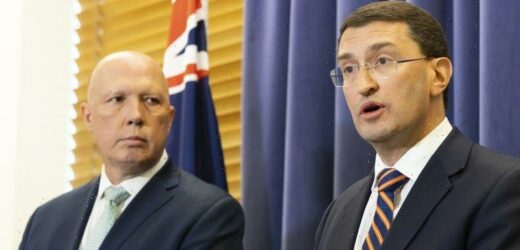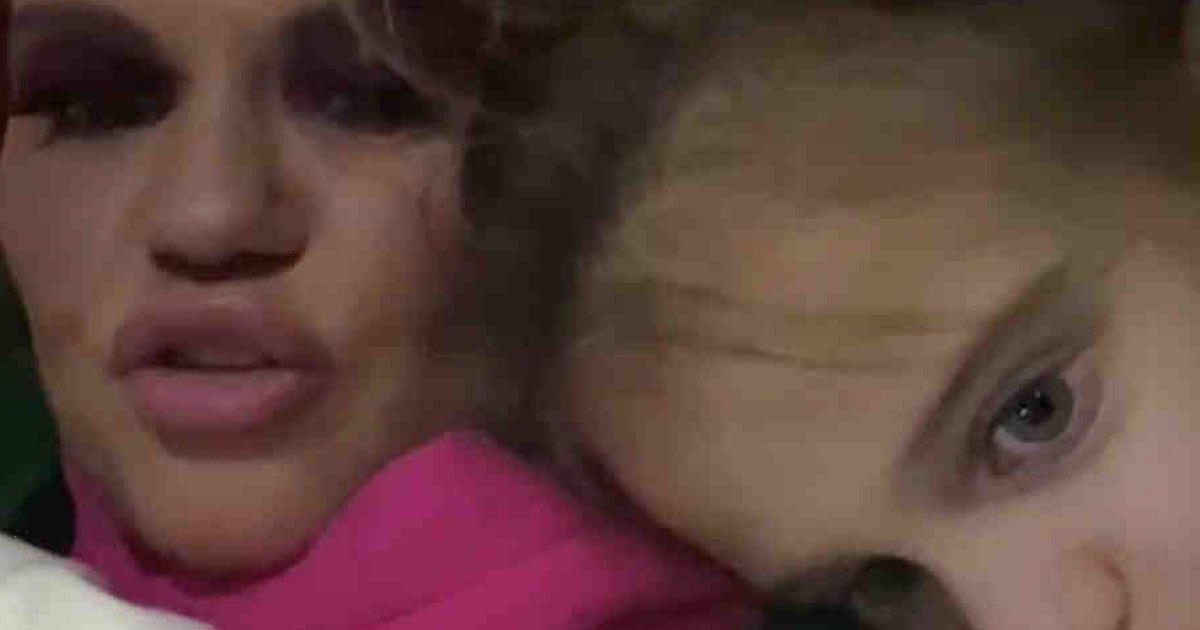Key points
- Burney said legislation would be introduced in March and a referendum could be as early as August.
- The Liberals have called for detail on what the Voice would look like.
- Constitutional law professor Anne Twomey said it was sensible to leave detail until later.
The Liberal Party has called on the federal government to lay out “serious detail” on a constitutionally enshrined First Nations Voice to Parliament after Indigenous Australians Minister Linda Burney revealed the country could go to a referendum as early as August.
In an interview with The Age and The Sydney Morning Herald, Burney said the government would introduce the legislation for the referendum in March, put it through a parliamentary committee to scrutinise for six weeks and aim to pass it through parliament in May.
Indigenous Australians Minister Linda Burney has laid out fresh details about the timeline of the referendum.Credit:Alex Ellinghausen
Under that timetable, she said Australians could vote on the referendum as early as August, though it could be as late as November, and the official Yes campaign would probably be launched late next month.
Liberal Indigenous Australians spokesman Julian Leeser renewed calls on Sunday for more details of the Voice, which he said was key to its success. Only eight out of 44 of Australia’s referendums have been passed.
“We are still to see any serious detail on the Voice,” Leeser said in a statement.
“Australians are naturally cautious about changes to our governing document. Australians will want the detail about how the Voice will work. That’s only fair given the government is asking for Australians to decide.”
Opposition Indigenous Australians spokesman Julian Leeser and Opposition Leader Peter Dutton.Credit:Alex Ellinghausen
The Liberal Party is yet to arrive at a formal position, and the debate has splintered the Nationals after leader David Littleproud announced the party would formally oppose constitutionally enshrining the Voice.
Burney said she hoped Opposition Leader Peter Dutton would ultimately support the Yes campaign, despite him arguing there was “bewilderment” at the lack of detail. The Liberals are expected to decide their stance early this year.
University of Sydney constitutional law professor Anne Twomey, in an opinion piece for this masthead, said the campaign did not need to descend into fights about detail.
Under the proposed constitutional amendment, she argued any future law made within its scope would be open to change depending on who was in government and the community expectations of the day. The composition, function, powers and procedures of the Voice would also be determined by the parliament only if the referendum succeeded, she said.
“This is a sensible approach. Constitutions are not places in which you want to freeze details,” Twomey wrote.
“Does this mean that voters will be ‘voting blind’ in a referendum if they cannot know every way that parliament might exercise its powers in the future? No. Voters in a referendum will be voting on the basic principle – giving Indigenous Australians a collective voice to seek to influence and inform the parliament and government by making representations to them.”
Littleproud said he opposed the Voice because he did not believe it would force real change for the most disadvantaged First Nations people.
“A constitutional representative body will only add another layer of bureaucracy to the delivery of service to these communities,” he said.
Burney said the official Yes campaign would probably be launched late next month, through an alliance of different groups including the Uluru Dialogue and From the Heart organisations, as well as the Uphold and Recognise organisation, which makes the conservative case for recognising First Nations people in the Constitution.
“I’m optimistic … There is already enormous support across the faith sector, across the corporate sector, across the union sector, and in many parts of the electorates. And that support has just been overwhelming.”
Professor Megan Davis, a Cobble Cobble woman, constitutional lawyer and co-chair of the Uluru Dialogue, said last month that the Yes campaign would build on its television advertising campaign and plan a national tour of First Nations communities early this year.
Indigenous activist Noel Pearson, a lawyer, academic and land rights activist who founded the Cape York Institute for Policy and Leadership, said last week that Aboriginal and Torres Strait Islander people were “the most unloved” of all ethnic groups in the country.
“Yet my belief is that we can do this – Australians can imagine a future filled with love.”
With Anthony Galloway and AAP
The Morning Edition newsletter is our guide to the day’s most important and interesting stories, analysis and insights. Sign up here.
Most Viewed in National
From our partners
Source: Read Full Article




